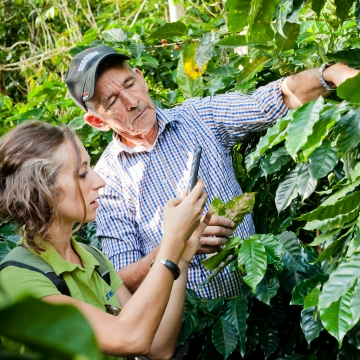Risk communication, women’s participation and flood mitigation in Vietnam: An experimental study
Flood risk management has become important more than ever, because an escalating threat of unpredictable and extreme weather is affecting flood-prone communities. People-centred risk communication has been proposed as an effective strategy that can stimulate people to protect themselves against flood risks. However, little research with a sound theoretical underpinning has been done to examine the effectiveness of such a strategy in developing countries. We use a field experiment to analyse how risk communication can influence households’ intentions to implement mitigation measures.





